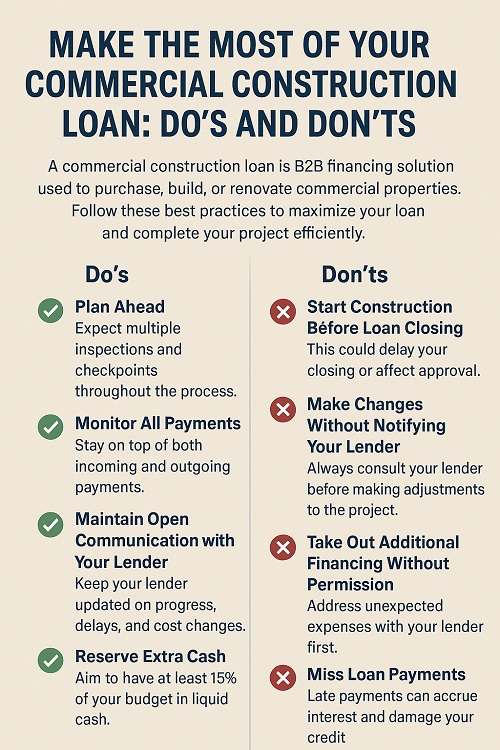
In today’s competitive and fast-paced real estate market, access to timely and flexible funding can make all the difference between seizing a lucrative opportunity or watching it slip away. For real estate investors—especially those dealing with complex or time-sensitive projects—traditional lending institutions often fall short. This is where private commercial real estate lenders like FinanceBoston Inc. step in, offering strategic advantages that can elevate an investor’s ability to act quickly, creatively, and profitably.
Speed and Flexibility
Traditional bank loans often involve lengthy application processes, rigid underwriting criteria, and limited tolerance for unique property types or non-conventional deal structures. In contrast, FinanceBoston Inc. prides itself on streamlined approvals and flexible loan structures tailored to meet the unique needs of each investor and property.
Whether you’re pursuing a value-add renovation, a ground-up development, or a bridge loan for a quick turnaround, FinanceBoston’s private lending model delivers rapid funding solutions that align with your investment timeline.
Tailored Lending Solutions
Every real estate investment is different. Unlike banks, which rely on standardized formulas and one-size-fits-all programs, private lenders offer customized financing structures. FinanceBoston works closely with investors to understand the vision behind each project and structure loans that support that vision—whether that means interest-only payments, higher LTV ratios, or creative exit strategies.
Greater Opportunity for Non-Traditional Deals
Institutional lenders tend to shy away from non-conforming properties or investors with complex financial situations. FinanceBoston is more relationship-driven than credit-score-focused, allowing experienced investors to take on projects that might be too speculative or unconventional for banks. This opens the door to high-return opportunities that others overlook.
Market Expertise and Local Insights
As a Boston-based private lender, FinanceBoston brings not only capital but also deep market knowledge and a strong network within the New England real estate community. This localized expertise allows the firm to assess risks more accurately and provide added value through insights, referrals, and connections that benefit investors beyond the balance sheet.
Long-Term Relationship Building
Private commercial real estate lenders are more than just capital providers—they’re partners in growth. FinanceBoston takes a long-term view, building ongoing relationships with investors based on trust, performance, and mutual success. As investors expand their portfolios, they benefit from a reliable source of financing that grows with them.
Unlock Your Investment Potential with FinanceBoston Inc.
Private commercial real estate lenders like FinanceBoston Inc. offer a compelling alternative to traditional financing—one built on speed, flexibility, and partnership. For real estate investors looking to move quickly, navigate complex deals, or scale their operations, partnering with a seasoned private lender is not just smart—it’s strategic.
Ready to discuss your next project? Contact FinanceBoston Inc. today and discover how private lending can accelerate your investment success.
FinanceBoston, Inc.
33 Broad Street
Boston, MA 02109
617-861-2041
https://financeboston.com/


 Bridge loans are short-term, interest-only loans intended to “bridge the gap” between the purchase of a property and securing long-term financing. These loans typically last 6 months to 3 years and are popular for investors needing quick capital.
Bridge loans are short-term, interest-only loans intended to “bridge the gap” between the purchase of a property and securing long-term financing. These loans typically last 6 months to 3 years and are popular for investors needing quick capital.



